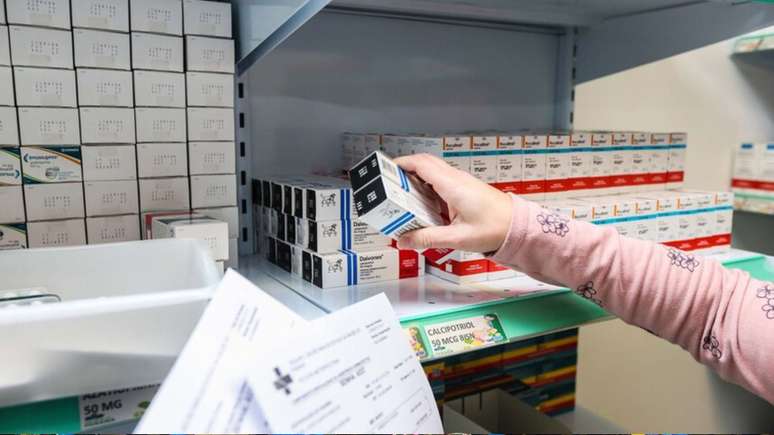A new companion bill (PLP), proposed by the senator Romario (PL-RJ), is under consideration by the House. The proposal aims to create standards for the distribution of medicines that are not yet available in the Unified Health System (SUS) or which have not been registered with the National Health Surveillance Agency (Anvisa).
PLP 149/2024 is currently being discussed in the Constitution and Justice Commission, before moving to other competent commissions, according to information from Agência Senado.
The central innovation of this project is the possibility for States and Municipalities to distribute these medicines, even without the traditional Anvisa registration, provided that some specific circumstances are met.
The proposal aims to fill a critical gap in the healthcare system, ensuring that more people can access essential treatments more quickly and effectively.
Criteria for the distribution of medicines
In order for a medicine to be supplied under the proposed new rules, several criteria must be met. First, the patient must submit a medical report justifying the need for the treatment in question.
This report must also demonstrate that drugs already available through the SUS are ineffective in treating the patient.
Furthermore, the patient is required to demonstrate that he does not have the financial means to cover the cost of the drug on his own. Furthermore, the medicine must have been registered with Anvisa, except in exceptional cases, such as delays in the analysis of the registration by the body or prior approval by international regulatory agencies.
Today is World Osteoporosis Day. According to the Ministry of Health, around 10 million Brazilians live with it and 80% do not know they have the disease. An estimated 200,000 deaths each year, mostly due to fractures.
Medicine’s new challenge is recommended for… pic.twitter.com/DSZSKHKIgZ
— Romário (@RomarioOnze) October 20, 2024
How does the project address rare diseases?
The bill pays particular attention to rare diseases, defined as those affecting up to 65 people in 100,000. In cases involving rare diseases, there is greater flexibility in drug distribution standards. This reflects the need for an agile and efficient response to these conditions, which often require specific treatments not available on the national market.
Cases of rare diseases requiring medicines not registered with Anvisa must legally include the Union as part of the process, thus ensuring a more complete and fair analysis. This aims to minimize the impact of bureaucracy on the lives of patients who urgently need these treatments.
Why is the proposal considered urgent?
The motivation presented by Senator Romário highlights that the right to health is fundamental and guaranteed by the federal Constitution, but real access to medicines continues to be a challenge for many Brazilians. The proposal also seeks to respond to the growing phenomenon of judicialization of healthcare, where patients turn to the judiciary to obtain treatment outside the SUS.
“The privilege of bureaucracy is being exposed to the detriment of the urgency of life. Not acting at this time means being complicit in the genocide of people affected by rare and ultra-rare diseases”said Senator Romário.
Source: Terra
Rose James is a Gossipify movie and series reviewer known for her in-depth analysis and unique perspective on the latest releases. With a background in film studies, she provides engaging and informative reviews, and keeps readers up to date with industry trends and emerging talents.








